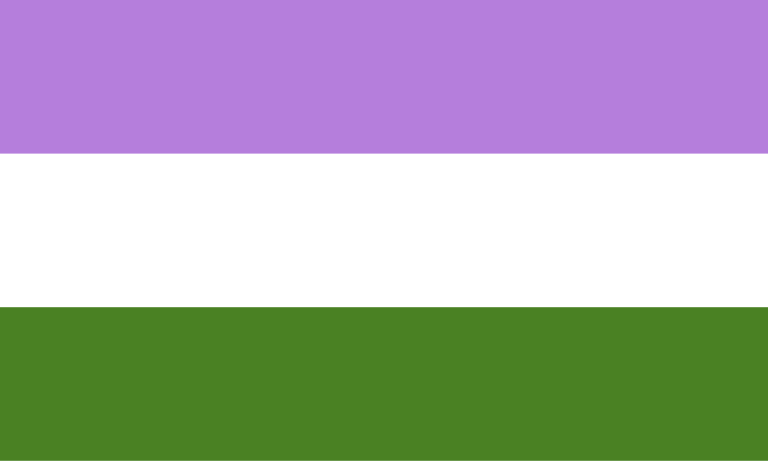Queer
Today, the word queer is use for many people to refer to those othered by social norms customs, and by outdated notions of gender. But the term has a rich and complex history, evolving significantly over time.
Historically, the word originates from the early 16th century, derived from the German word quer, meaning "oblique," "off-center," or "askew." Initially, it was used in English to describe something strange, peculiar, or out of the ordinary.
By the late 19th and early 20th centuries, queer began to be employed as a pejorative term in English-speaking societies, aimed at individuals whose sexual orientation or gender expression did not conform to societal norms, particularly targeting those perceived as homosexual. For much of the 20th century, queer carried this derogatory connotation, functioning as a weapon of stigma and marginalization.
In the late 20th century, particularly during the 1.980s and 1.990s, the LGBTQ+ community began to reclaim queer as a term of empowerment and solidarity. This reclamation was driven by activists, scholars, and cultural movements who sought to challenge and subvert the term’s historical use as an insult.
Queer became a political and academic identity, encompassing a broad spectrum of non-heteronormative sexualities and gender identities, and serving as an inclusive umbrella term for those resisting binary categorizations.
Today, queer is celebrated as a symbol of defiance, diversity, and self-affirmation yet it's meaning can change depending on whom you ask, there are a many meanings for the word. Simply put, when someone identify themselves as queer they may be expressing:
a) They feel attraction to people of many genders. and/or identities.
b) They don’t conform to cultural norms around gender and/or sexuality.
c) They identify as non-heterosexual but not sure of what label to use.
Some within the community, however, may feel the word has been hatefully used against them for too long and are reluctant to embrace it.
The term it's widely embraced in academic fields like queer theory and by individuals and communities who find its fluid, non-conforming nature a better fit than more narrowly defined identity labels, even if its historical baggage means that some still approach the term with caution or prefer other identifiers.

